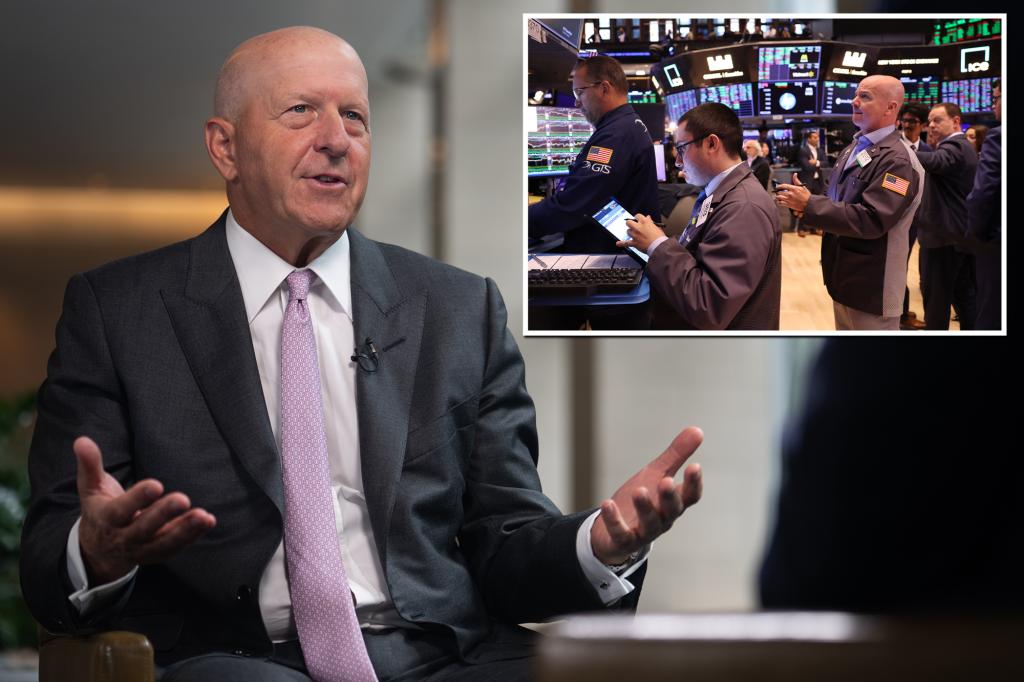Goldman Sachs reported a 45% increase in quarterly profits, attributing the surge to a rebound in dealmaking that exceeded analysts’ expectations. The Wall Street giant pointed to a 20% rise in investment banking fees, driving third-quarter profits to $2.99 billion, or $8.40 per share, up from $2.06 billion, or $5.47 per share, in the previous year. Revenues also rose by 7% to $12.7 billion, exceeding predictions by the London Stock Exchange Group.
The results surpassed estimates, with earnings per share of $8.40 compared to the predicted $6.89, and revenues of $12.7 billion compared to the estimated $11.8 billion. CEO David Solomon credited the bank’s strong financial results to an improving operating environment. Goldman Sachs has refocused on its core business of investment banking and trading after facing challenges in the consumer banking sector which resulted in a $415 million hit in the third quarter.
Bank of America also experienced a rebound in investment banking activity, but reported a 12% decrease in net income due to losses on bad loans and higher expenses. BofA announced profits of $6.9 billion, or 81 cents per share, for the third quarter. CEO Brian Moynihan described the earnings as solid, highlighting growth in investment banking, asset management fees, and sales and trading revenue. Citigroup, the third-largest lender in the US, posted a smaller-than-expected drop in profit for the third quarter, with net income of $3.2 billion, or $1.51 per share, compared to $3.5 billion, or $1.63 per share, a year earlier.
The better-than-expected results from major banks like Goldman Sachs, Bank of America, and Citigroup suggest an improvement in investor and client confidence regarding the US economy, especially in anticipation of the upcoming presidential election. Investment banking activity surged after a period of higher interest rates, resulting in a slowdown in major mergers and acquisitions on Wall Street. The Federal Reserve’s decision to reduce its key lending rate also played a role in boosting confidence in the market.
Goldman Sachs is withdrawing from its credit card partnership with General Motors, while JP Morgan is in discussions to become the new credit card partner for Apple. Investment banking has been a positive area for the financial sector, with revenue increasing by 31% in the second quarter. Wall Street bonuses are expected to increase by over 7%, according to a report by New York State Comptroller Thomas DiNapoli, which will contribute to economic growth in New York City and the state. The finance industry is projected to provide $5.1 billion in tax revenues for the fiscal year of 2024.
Overall, the financial results of major banks indicate a positive trend in dealmaking and investment banking activity, which has boosted profits and exceeded analysts’ expectations. The shift towards core banking services and away from riskier ventures is paying off for banks like Goldman Sachs, Bank of America, and Citigroup. The upcoming presidential election and changes in interest rates are important factors influencing investor and client confidence in the market. Despite challenges in certain sectors, the financial industry is showing resilience and potential for growth in the near future.














